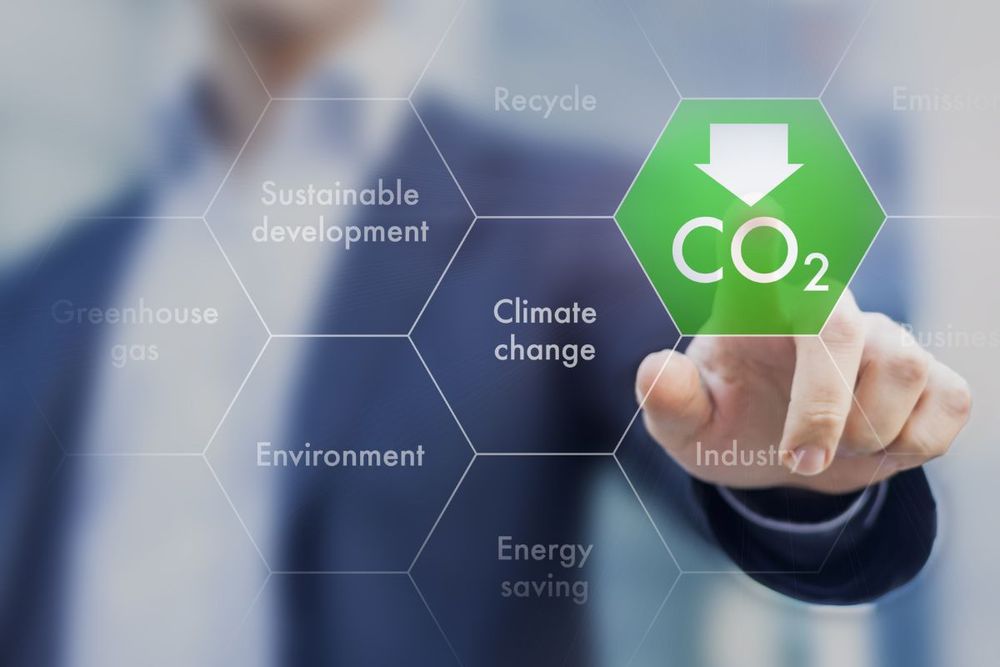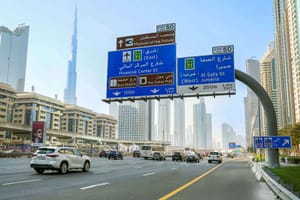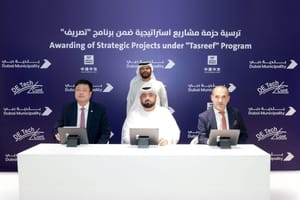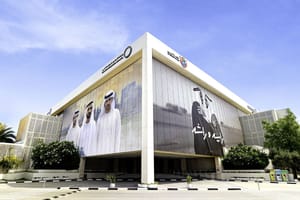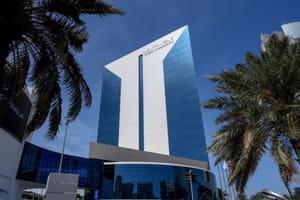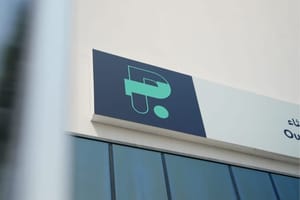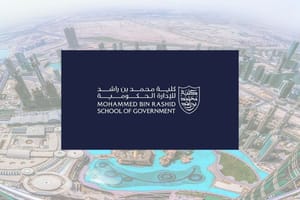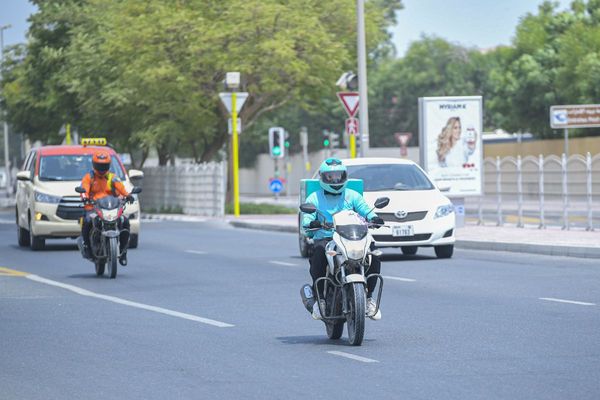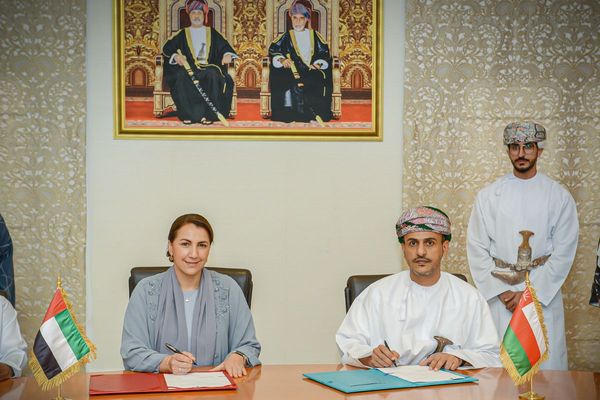Dubai’s Department of Economy and Tourism (DET) has announced the relaunch of the pioneering Carbon Calculator tool that measures the carbon footprint within Dubai’s hospitality sector.
The tool has now been revamped to track real-time data for carbon emission sources, allowing hotels to identify and effectively manage their energy consumption.
The improvements are part of the Dubai Sustainable Tourism (DST) initiative that seeks to contribute to the broader clean energy targets and support the UAE Net Zero by 2050 Strategy, in line with the United Nations Sustainable Development Goals (UNSDGs) 2030. The initiative also supports the goals of the Dubai Economic Agenda D33, to consolidate Dubai’s status as one of the top three global cities and enhance its position as one of the world’s leading sustainable tourism destinations.
Since its inception in January 2017, Dubai Sustainable Tourism’s Carbon Calculator, part of the Tourism Dirham Platform, has been measuring the carbon footprint of hotels across Dubai. On a monthly basis, hotels are mandated to submit their consumption of nine carbon emission sources, including: electricity, water, district cooling, liquefied petroleum gas, landfill waste, recycled waste, petrol, diesel and refrigerants. This information is aggregated and analysed to provide valuable industry insights on the sector’s collective carbon footprint. In addition, by formulating a baseline along with consistent tracking, this information enables hotels to understand their energy, water and waste consumption and further identify successful cost-saving opportunities.
The data provided helps hotels and resorts implement initiatives to efficiently manage their carbon footprint in line with the 19 Sustainability Requirements put in place to establish a baseline across hotels in Dubai and unify hotels’ environmental practices. The 19 Sustainability Requirements include sustainable management approaches, performance metrics, energy, food and water management plans, guest education, employee training initiatives, the presence of sustainability committees within hotel establishments and corporate social responsibility programmes for local communities.
Through improving internal sustainability operations, hotel establishments in turn, will enhance the competitiveness of Dubai’s tourism-linked economy.
Yousuf Lootah, Acting CEO of Corporate Strategy and Performance sector, Dubai’s Department of Economy and Tourism, said:
“We are pleased to relaunch the Carbon Calculator as part of our ongoing commitment to support the UAE Net Zero by 2050 Strategy, and align with the Dubai Economic Agenda D33. The upgraded platform also further aligns with the UAE’s commitment to achieving the UN Sustainable Development Goals, particularly as the city ramps up preparations to host the 28th Conference of the Parties (COP28) this year.”
Lootah added:
“As DET continually strives to further enhance its services to stakeholders and partners, the revamped carbon calculator will provide hotels with a user-friendly experience and enable hotels to make informed decisions. By keeping track of their energy consumption, the data provides a baseline for DET to develop strategies for the sector so that hotels and resorts can effectively manage impact, improve the efficiency of managing carbon resources and identify potential saving opportunities. In addition to supporting hotels and resorts within the city’s tourism ecosystem, this initiative has a larger goal: creating a city that is the world’s most visited and the best place to live and work in, as envisaged by the Dubai 2040 Urban Master Plan.”
‘Dubai Sustainable Tourism’ course
In addition to relaunching the Carbon Calculator, the Dubai College of Tourism (DCT) and Dubai Sustainable Tourism (DST) have upgraded the ‘Dubai Sustainable Tourism’ course available on DCT’s innovative learning platform - Dubai Way. The course offers a broad range of educational and awareness programmes for people employed in tourist-facing roles across the tourism ecosystem.
The newly relaunched module includes educational segments focused on the Carbon Calculator, water and energy saving, how to establish a ‘Green Team’ and implement green procurement strategies. The course reflects the power of education in driving sustainable tourism and encouraging the implementation of environmental practices, while empowering participants with the knowledge to successfully implement ESG principles across the travel and hospitality sectors, thus creating a network of sustainability champions.
Hotels and resorts can now start the process by registering through the below link no later than 15th March 2023: https://ccs.det.gov.ae/
News Source: Dubai Media Office
